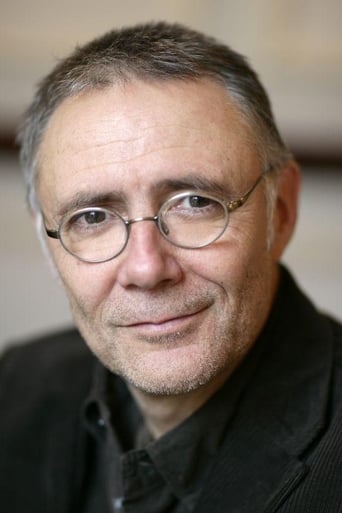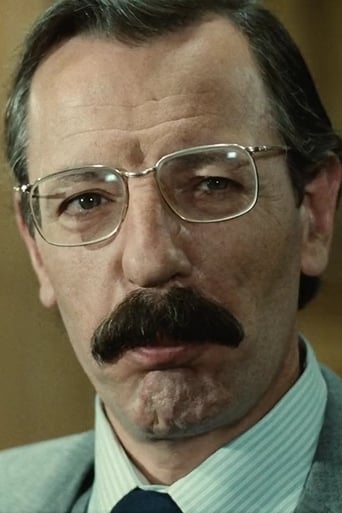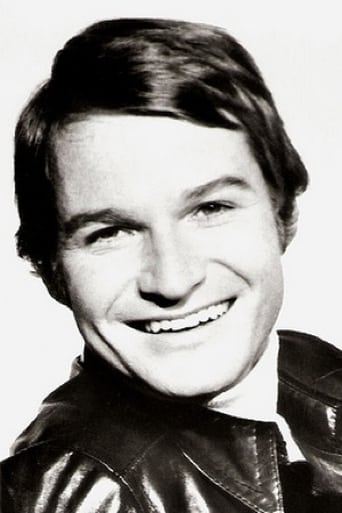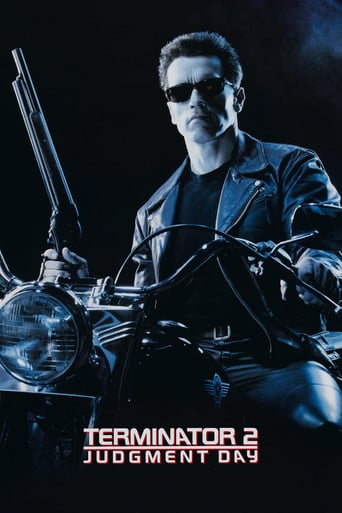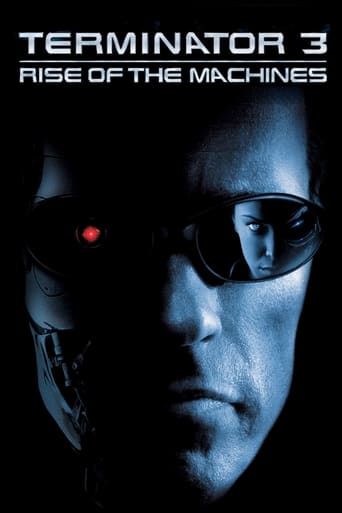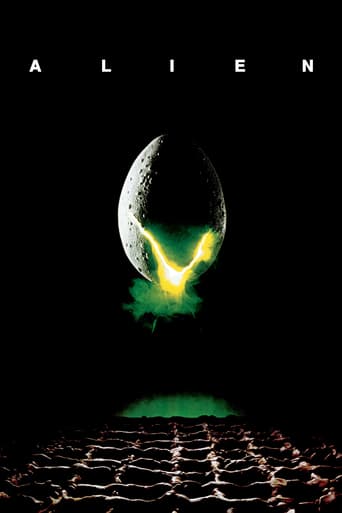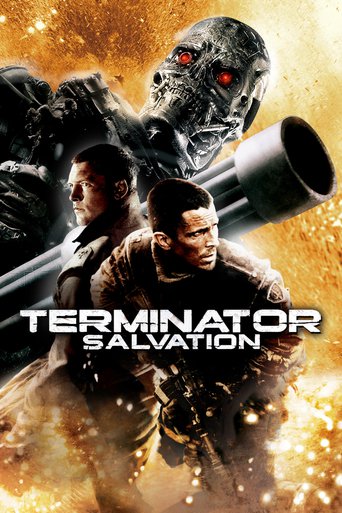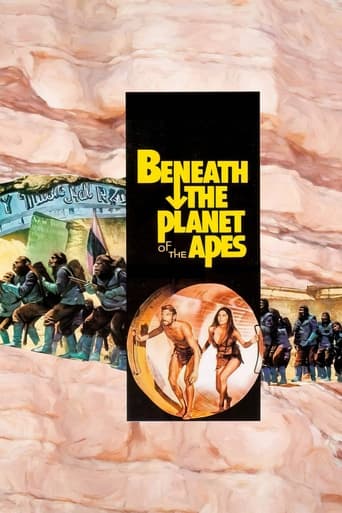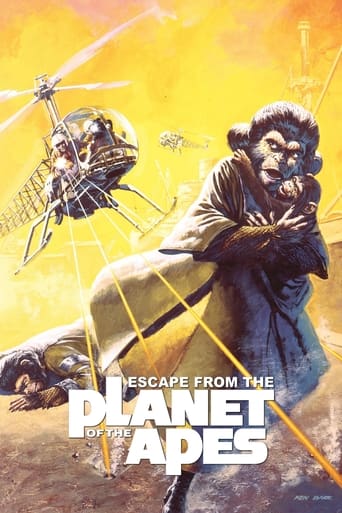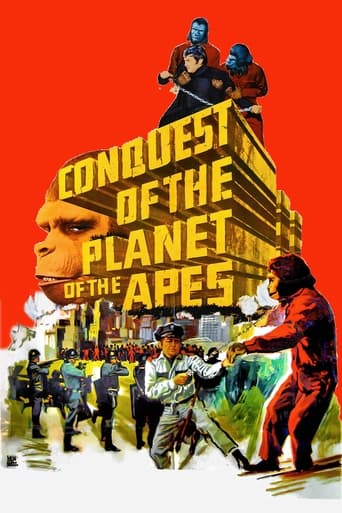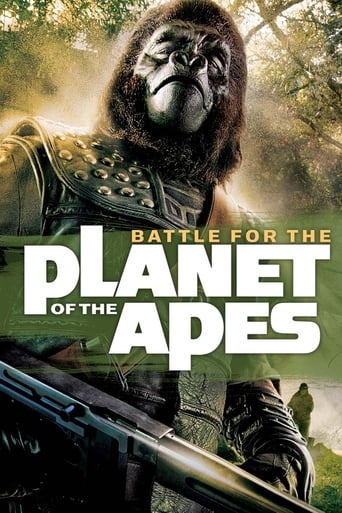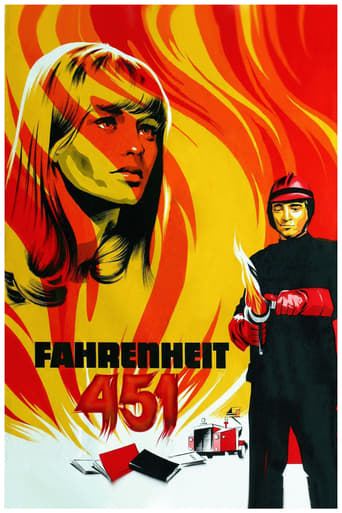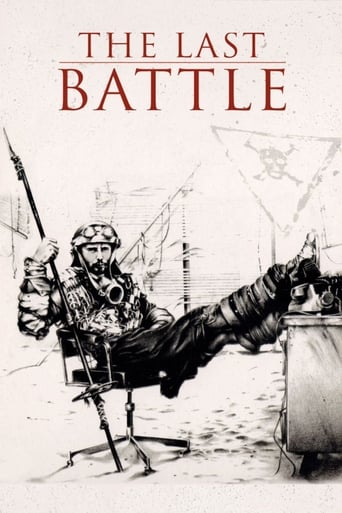
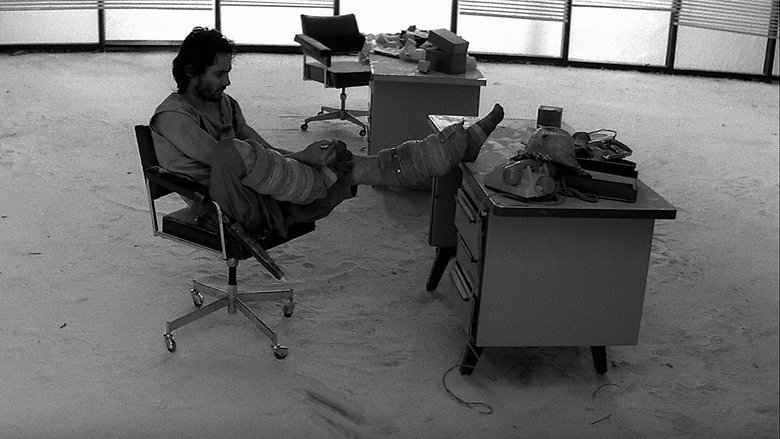
The Last Battle (1983)
The plot explores the devastation of civilization and issues of brutality, hostility and isolation. Pierre Jolivet stars as the main character (identified only as "The Man" in the end credits) who is menaced by "The Brute" (played by Jean Reno) on his journey through a world filled by people rendered nearly mute by some unknown incident.
Watch Trailer
Cast


Similar titles
Reviews
Waste of time
Not sure how, but this is easily one of the best movies all summer. Multiple levels of funny, never takes itself seriously, super colorful, and creative.
The film never slows down or bores, plunging from one harrowing sequence to the next.
The movie really just wants to entertain people.
Shot entirely in black and white and set in a barely inhabited post- apocalyptic world where the atmosphere has rendered humanity mute, Luc Besson's feature length début was nothing short of ambitious. The plot ostensibly follows The Man as he scavenges for parts to keep his light aircraft in repair - venturing out into the wasteland he stumbles across a hospital where he meets The Doctor, a man living in fear of The Brute (played by Jean Reno) who is attempting to gain entry to the hospital and kill the Doctor. Through non-verbal communication, The Man and The Doctor come to help each other in an attempt to survive and keep The Brute at bay. Despite the innovative premise and stark, stylish beauty of Besson's direction, the film moves at an odd pace whereby it's more confusion and intrigue that keeps the viewer watching, rather than for any substance of character or story. The daring decision to have next to no intelligible dialogue throughout doesn't help matters, as the viewer is left to piece together the characters motives without explanation, but it's the score (the epitome of awful 80's synth soundtracks) more than anything else that dates the film and hindered this viewers enjoyment. While still worth checking out for any fans of Besson, the post-apocalyptic genre and cinema in general, it's not the easiest of films to watch, but one that rewards the viewer in spades through Besson's fantastic direction.
If you expect that this movie is full of action and grabbing you from the start then don't watch it. But if you like those kind of meditative movies which stick in your mind for a while, until you get the details, then you will love it. Now don't get me wrong there is action and there are things going on just not in the usual way. Basically the plot is in a post-apocalyptic world where anyone fights in his (or their) way for survival. In this fight they lost the ability to speak... I don't want to write more to not spoil the movie for you, but trust me if you like SF-authors like Lem or Capec or even some from Orson Scott Card you will love this movie.
Pierre Jolivet plays a Don Quixote character, unable to speak, living in a world incompatible with modern life. He trusts to his homemade weaponry - helmet, sleeves, and spear - made out of hubcaps, seat cushions, and discarded office furniture. Just as Don Quixote rode Rocicante, "The Man" rides his contraption (literally) transcending the lost lives caught up the harsh and demeaning modern world - soaring above the earth, away from the plight of modern man. Both characters ride in search of adventure in an effort to right the wrongs of the world. Both characters are guardian knights of values unfamiliar to most of the other characters in the story.Unlike Cervantes's tale, in this movie we identify more directly with the anachronistic ideals of the main character. We can only compare this alien and forbidding landscape to the lush and beautiful world we live in. Our frame of reference is the fantasy realm which the lone knight perhaps remembers. Our vision would be one which expects the main character to triumph, to vanquish, to change his world (for the better) back into a world of plenty that no longer exists.We look at this movie and see a true knight among a world of humans-as-animals. Don Quixote considered himself a true knight among animals.With Cervantes's tale we can only see the dreamer, without really understanding the scope of his anachronistic displacement. In Besson's and Jolivet's tale we see the new world from the eyes of Don Quixote, because we value the same visions and ideals as the crusading main character.
Not exactly. This is a most unusual film. Shot in widescreen and black and white, with Dolby stereo and only one whispered bit of dialogue. The world is in ruins, and our main character (credited as "The Man"), makes his escape from a band of looters by stealing their prized possession, a fully charged automobile battery, and uses it to power his ultra-light plane out of the ruins of the city.In his travels, he comes across a doctor, with whom he communicates non-verbally (apparently, the atmosphere is so polluted, the human race is rendered mute), and confronts another man, a clumsy, self-styled "barbarian of the wastelands" who wields a sword as if it were a broom.One of Luc Besson's early works, it is as original as it is imaginative. I had the fortune of seeing it on a wide motion picture screen in New York City. I still haven't forgotten it. Yes, I know that the end of the world makes for a strange concept for an art film from France, but Besson makes this unlikely premise work to perfection.Highly recommended.


